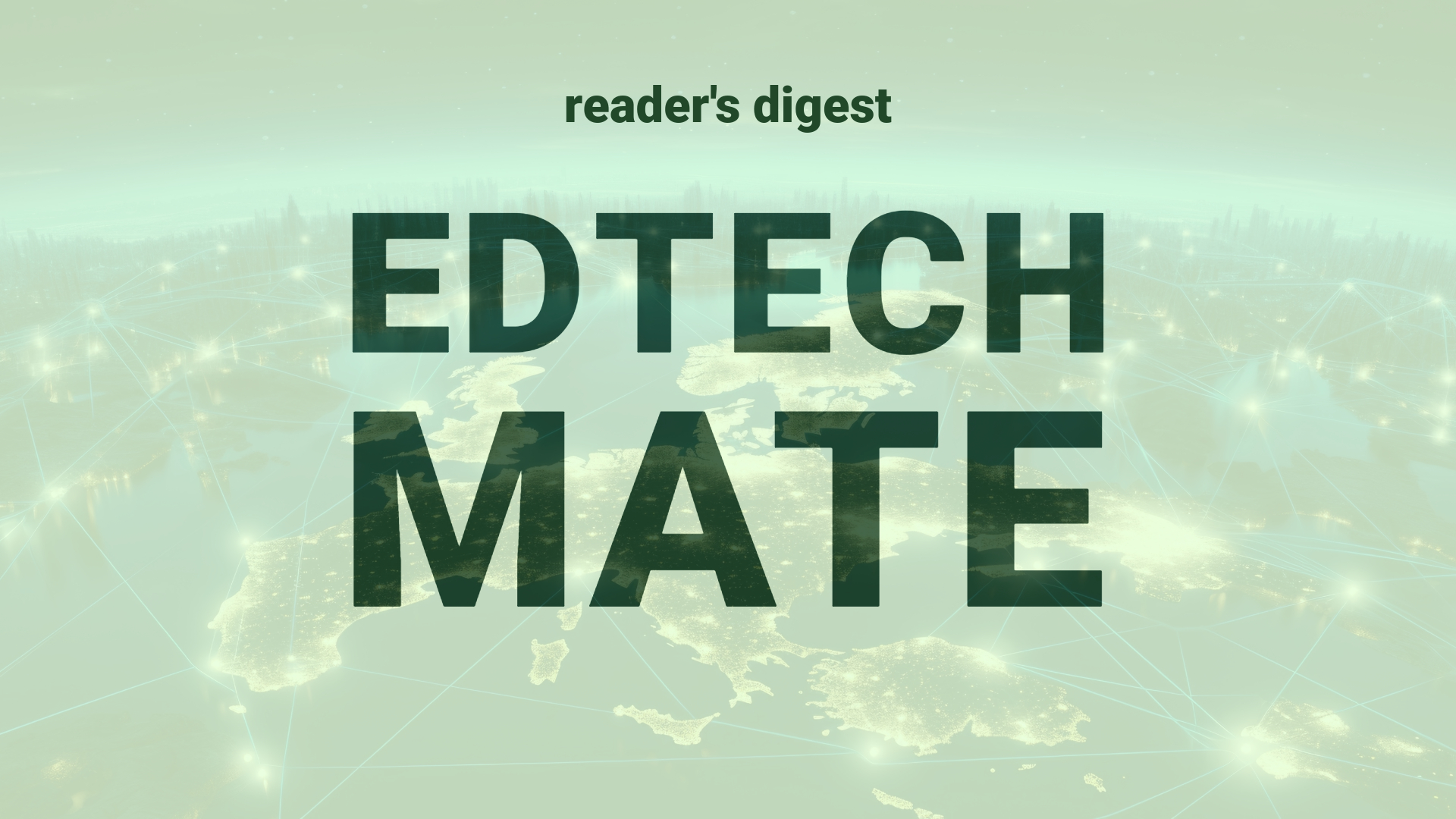Executive Summary and Main Points
In recent educational technology developments, we’ve seen an emphasis on resilience and the reinvention of career paths, encapsulated by the journey of Darius Rucker, who has found significant success across different music genres. Approaches to leadership and management within higher education can draw on these narratives of adaptability and continuous learning. Increasing proficiency with technology management is evident, particularly with the rise of spatial computing, signaling a note-worthy trend towards immersive technologies in the sector.
Furthermore, the ongoing challenge of performance management and team dynamics remains at the forefront of workforce development, with educational leaders encouraged to foster fair and inclusive environments that mitigate favoritism. Notably, there is a continued endorsement of life-long learning and curiosity as key leadership traits, which are essential for nurturing innovation and progress within global higher education.
Potential Impact in the Education Sector
The mentioned developments could spearhead transformative changes across different education levels. Further Education institutions can integrate these real-world success narratives into their curricula, emphasizing the role of passion and adaptability which are key for students preparing for the modern workforce. The rise in Higher Education could see a greater focus on leadership development, preparing academic and administrative leaders to manage teams and technologies more effectively.
These insights reinforce the value of Micro-credentials, which can be tailored to quickly address emerging skills gaps such as those related to the management of new technological trends like spatial computing. Strategic partnerships between tech firms and educational institutions could be pivotal in facilitating this integration and ensuring that curricula remain relevant and responsive to the global digital transformation.
Potential Applicability in the Education Sector
Innovative applications stemming from these updates include the use of AI-driven analytics to personalize learning and to create a fair assessment of student performance, thus avoiding implicit bias and promoting inclusivity. Digital tools modeled on success stories like Rucker’s can foster resilience and entrepreneurial thinking in students.
In the realm of global education systems, spatial computing can revolutionize remote learning experiences by creating immersive virtual environments, thereby bridging geographical divides and enhancing collaborative research efforts. This can be particularly valuable in expanding international educational partnerships and exchange programs.
Criticism and Potential Shortfalls
Despite their potential, these developments are not without challenges. There is a legitimate concern that the adoption of advanced digital tools, like spatial computing, may widen the existing digital divide, especially in under-resourced educational institutions. Comparative international case studies demonstrate that technological advancements are often unevenly distributed, which could exacerbate educational inequalities.
Ethically, AI and data analytics in education must navigate the complexities of student privacy and consent. Additionally, cultural implications must be considered to ensure that these technologies support diverse learning communities, respecting differing values and traditions in global education contexts.
Actionable Recommendations
To harness these technologies within the education sector, it is recommended that leadership invests in training and professional development to upskill educators in the use of AI and digital resources. Establishing pilot programs can offer insight into the practical applications and benefits of spatial computing in the classroom.
Leadership should also consider forming interdisciplinary committees that include ethical and cultural consultants to advise on the deployment of technologies, ensuring they align with the institution’s core values and serve its diverse student body effectively. Finally, creating strategic partnerships with tech companies can help to close the knowledge gap and facilitate access to the latest technological tools, ensuring that all students are prepared for the tech-driven future of work.
Source article: https://hbr.org/podcast/2024/07/darius-rucker-on-resilience-and-reinvention

